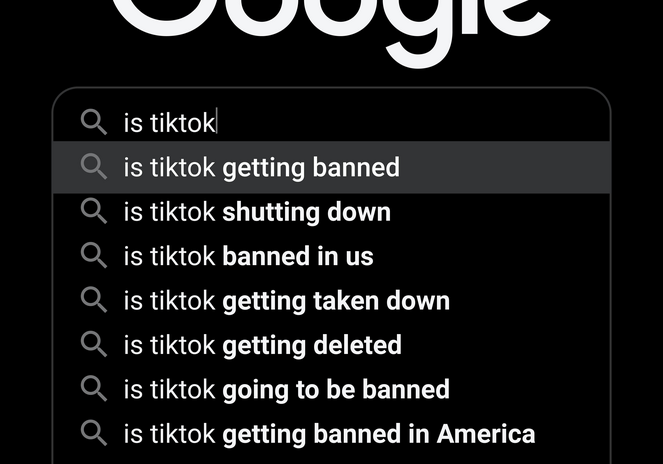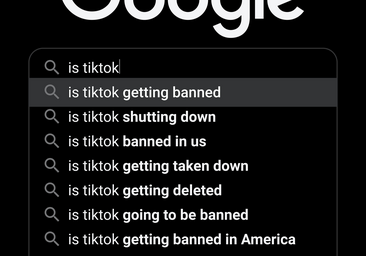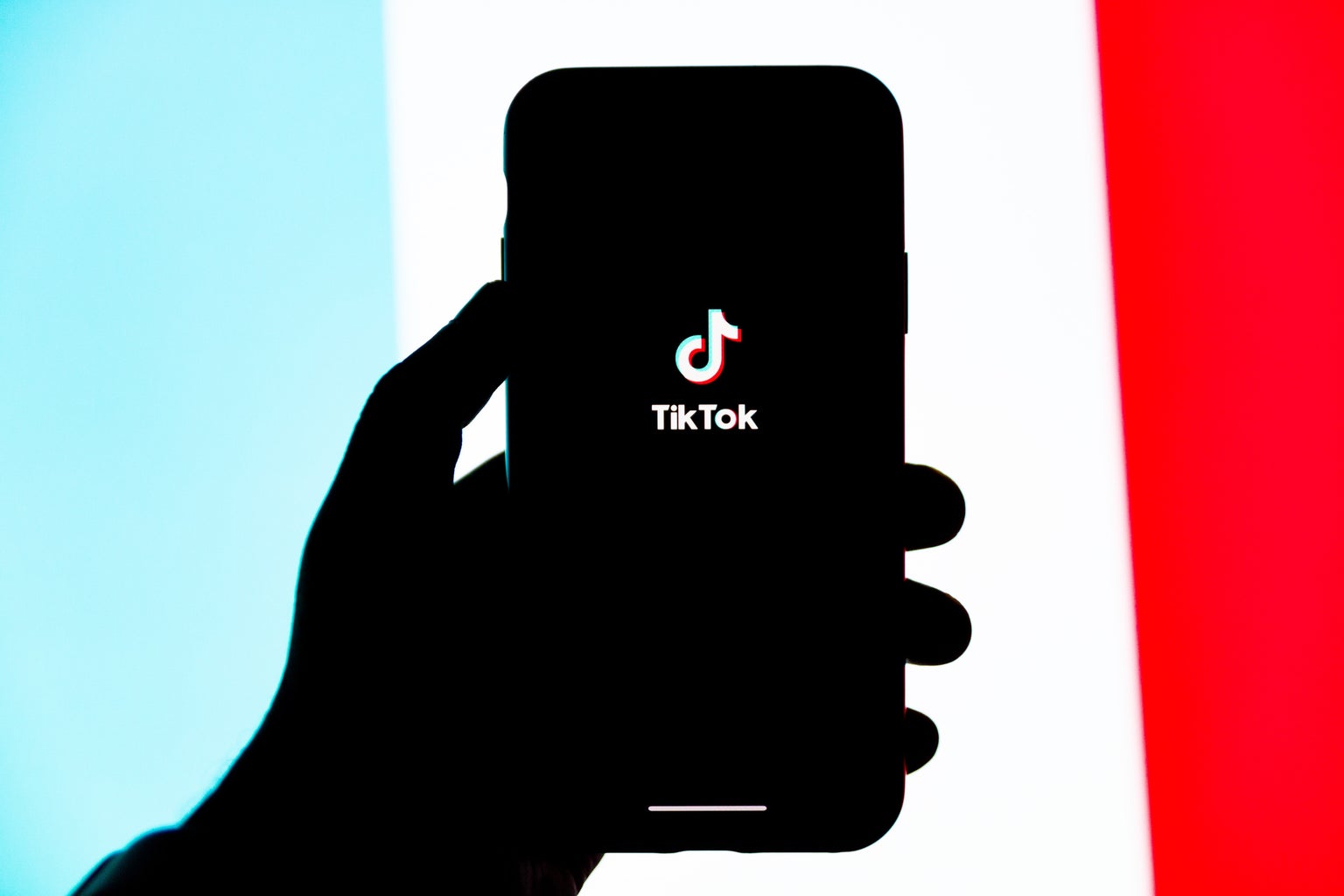If you’ve been keeping your eye on politics lately, you see how TikTok has been challenged by our government, both locally and nationally. While banning TikTok has been talked about for years, only recently has action been taken to make this a reality, such as the TikTok congressional meeting. While a TikTok ban hasn’t yet been implemented nationally, the Florida Board of Governors passed an emergency measure to ban TikTok and other foreign-based apps in Florida universities.
The Board of Governors published a list of prohibited technologies earlier this month, claiming that they threaten data security and privacy. Effective immediately, universities around the state, including the University of Central Florida (UCF), made these forbidden apps, including TikTok, inaccessible on school Wi-Fi. While there’s no punishment for accessing TikTok on your own data or a VPN, it won’t load when you’re connected to the university network.
Curious about what others think of the ban, I conducted a poll involving university students from around Florida (most being from UCF). I asked about their TikTok usage, whether they agreed with the ban or not, and whether certain aspects of the ban are effective or ineffective. I also asked about the ban on other apps and left room for additional comments. All of the responses were and will remain anonymous.
85.4% of polled students use TikTok, with over a third of them using it for an hour or more a day. The majority of those users also live on-campus (77.1%). While they’ll also be affected daily, this doesn’t factor in the people that visit campus almost every day for classes and extracurriculars.
When asked if students agree with the ban, 89.1% said they disagree. Even those that don’t use the app said they disagree for a variety of reasons. “I like TikTok,” one responder said. “It’s a big part of decompressing after my school day for me.”
Some brought up how they’re paying to be in a no-TikTok zone. “It makes no sense that there has to be a ban on TikTok,” another student said. “Especially for university students who pay to be on campus.”
Even other social media companies and their data handling were being called out. “Other social media companies, like Meta, collect our data as well and have a worse track record with misusing said data.”
Meanwhile, the 10.9% who agreed with the ban talked about data protection and how addicted people are to the app. “It is consuming a lot of people’s lives and is dangerous due to foreign spying,” one person stated.
I also presented statements that students can agree, disagree, or remain neutral to. 81.3% of students agree that the TikTok ban infringes on freedom of speech and expression, 62.5% disagree that the TikTok ban helps protect student privacy and data, and 68.7% disagree that Florida universities and the state of Florida have the best interests of students in mind when implementing the ban.
When asked for additional comments, some people mentioned the ban on other apps, such as WeChat. “I am not able to communicate with my friends from East Asia on the school Wi-Fi,” one user claimed. Others said that it didn’t affect them but it affected people that they knew.
Some comments bashed Florida governor Ron DeSantis and the Florida government (with one comment even saying that “Florida is being run by fascists”). Some questioned the choices of the universities when making this ban, and the topic of other social media companies than TikTok not being put under the same scrutiny was brought up again.
From the results of my poll, it’s clear that university students in Florida don’t like this ban at all. They don’t feel like they’re being protected by the government, but rather having their rights violated. TikTok is a source of entertainment and news to 150 million American users and counting, including many members of Gen-Z. To take that away from a generation that is willing to speak up and fight for their rights could be a huge mistake.



